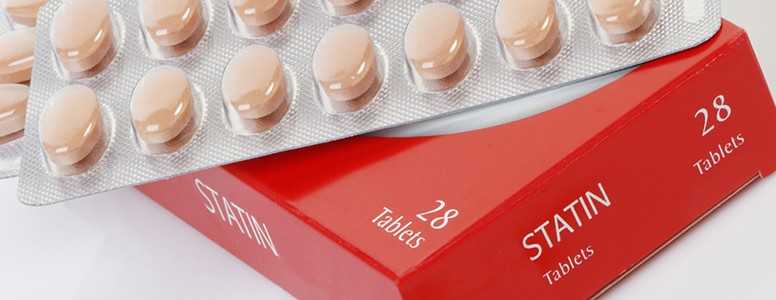A survey of children shows that around 90 per cent of school children are regularly drinking sports drinks such as Lucozade and Powerade.
Researchers from Cardiff University and Cardiff Metropolitan University carried out the survey to investigate how prevalent consumption of sports drinks is within school children as well to understand more about why and when they drink these drinks.
The figures are concerning as sports drinks contain huge quantities of sugar. A 380ml bottle of Lucozade contains 48g of sugar, which is the same as eating your way through 12 teaspoons of sugar. Larger bottles contain even more sugar.
The survey was completed by 160 children, between the ages of 12 and 14, from four different schools in South Wales. The questions asked included how often they had the drinks, the brands they drank, where they bought the drinks, when they drank them and why they bought sports drinks.
The results of the survey showed that 89% drank sports drinks and 48% drank sports drinks twice or more per week. The most popular brand was Lucozade.
Whilst the sale of sugary drinks has been banned by schools in the devolved countries of the UK, children have been able to buy drinks from outside of the school. 80% of children that bought sports drinks had bought them from local shops and 55% had bought them from supermarkets.
Boys were more likely to drink the drinks during exercise whereas the most common reason for girls was social drinking. The most common reason for having sports drinks was taste. 90% of the children picked taste as one of the reasons for having the drinks.
The researchers express concern at the prevalence of sports drink consumption in school children, noting that: “If consumed socially and in large quantities, sports drinks can lead to serious problems, such as obesity, [type 2] diabetes, heart disease and gout, as well as poor oral health.”
The study which reports the survey results is published online of the British Dental Journal.
What's new on the forum? ⭐️
Get our free newsletters
Stay up to date with the latest news, research and breakthroughs.









